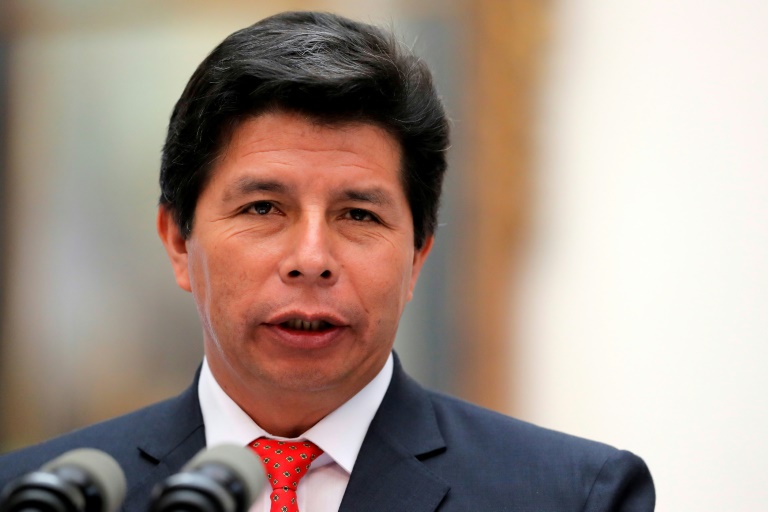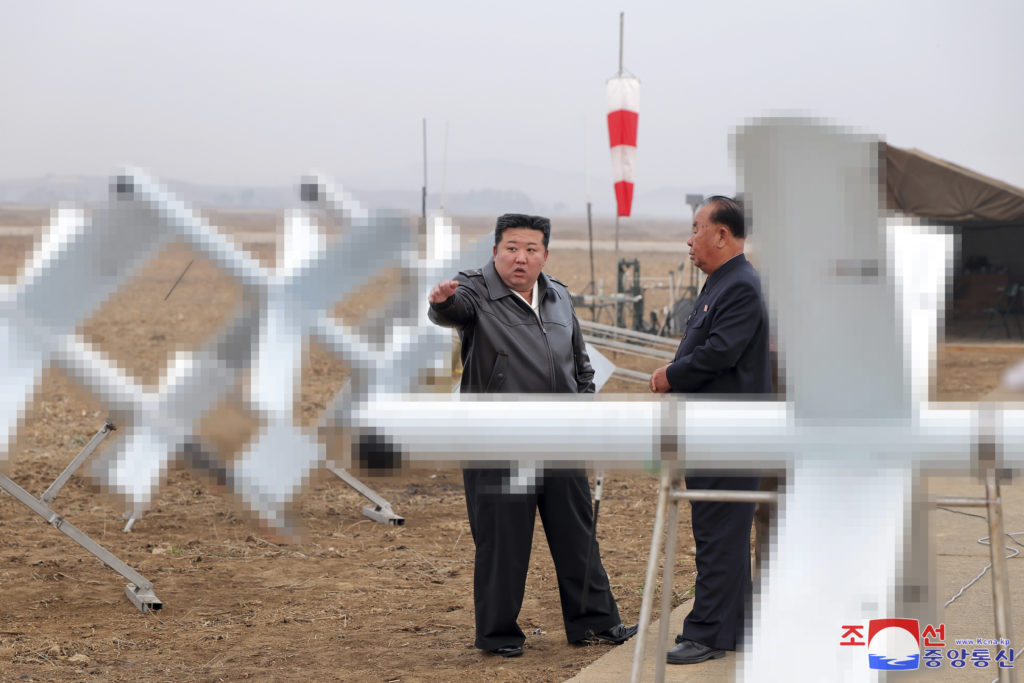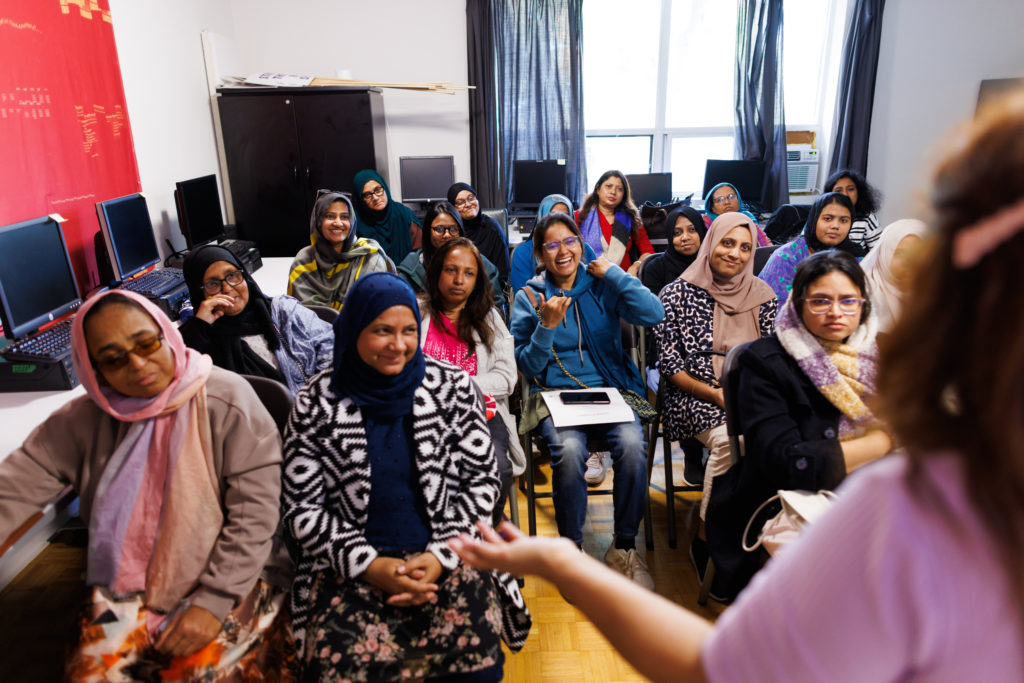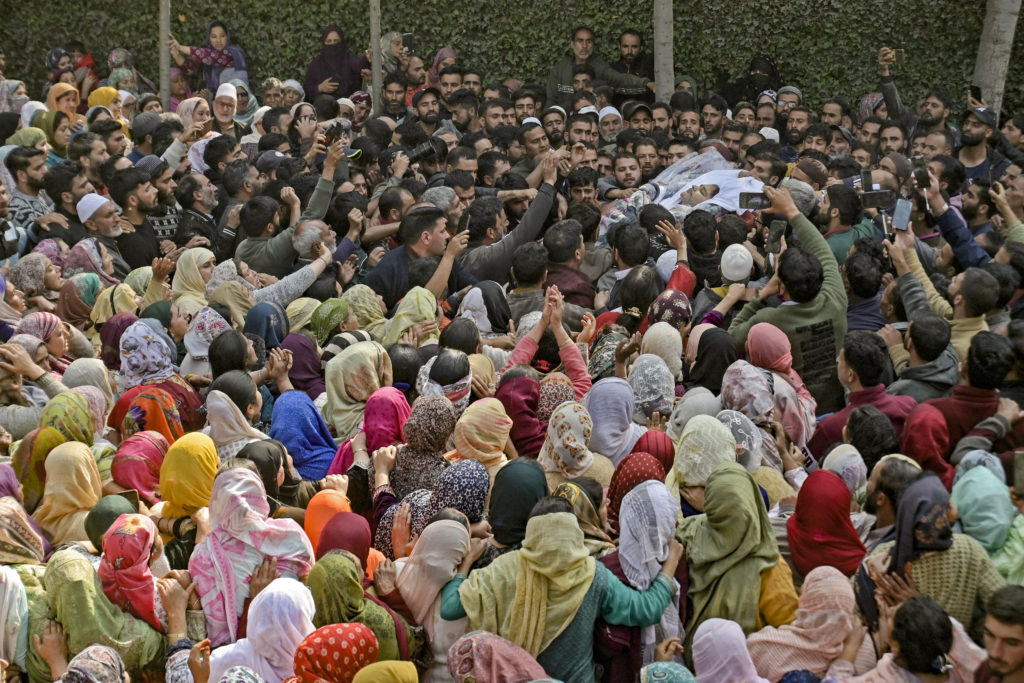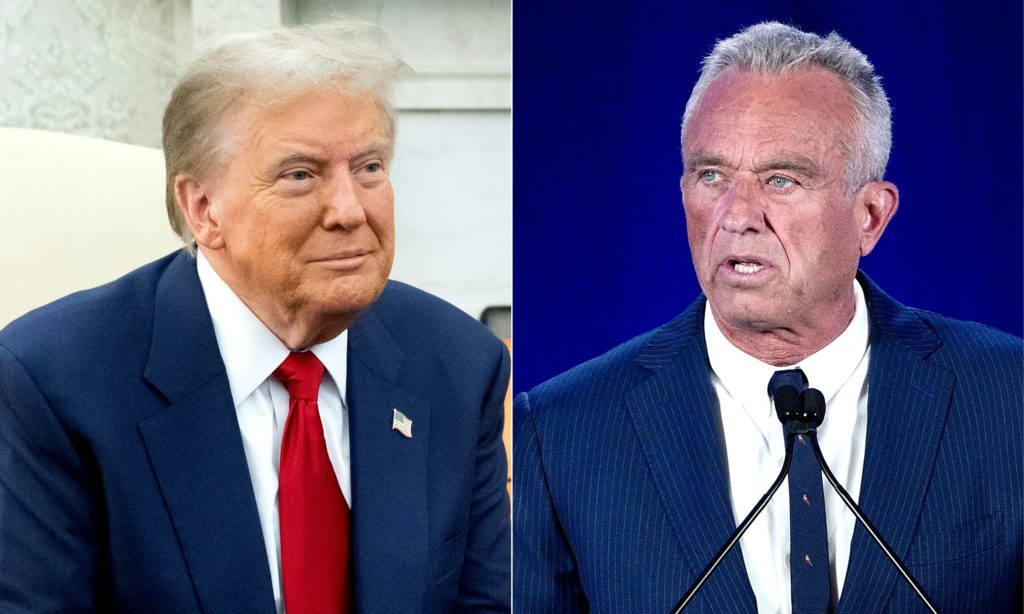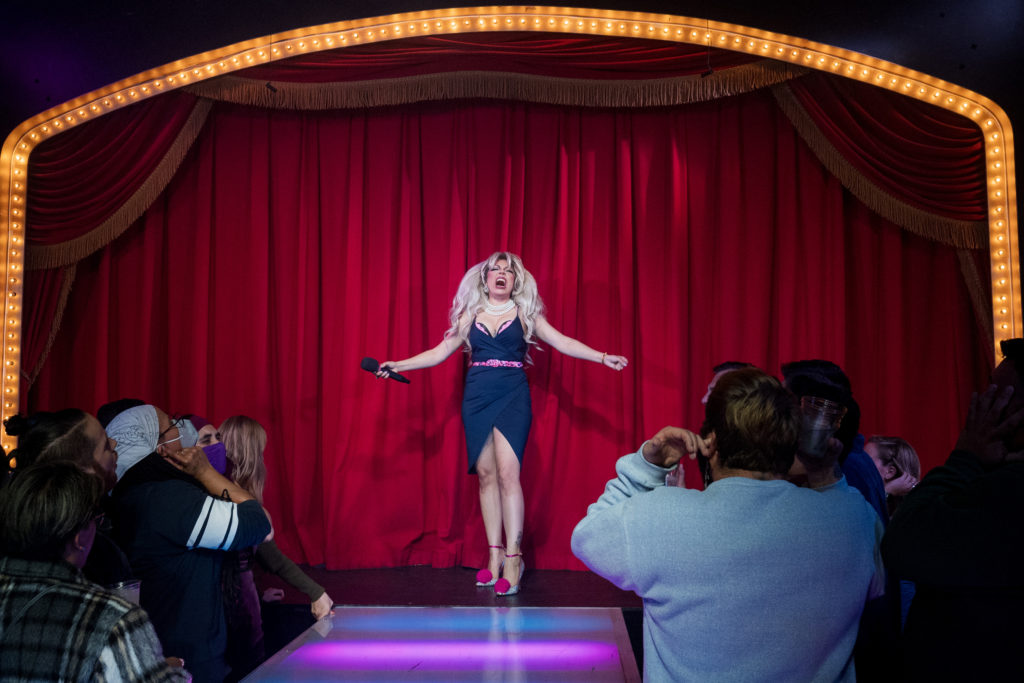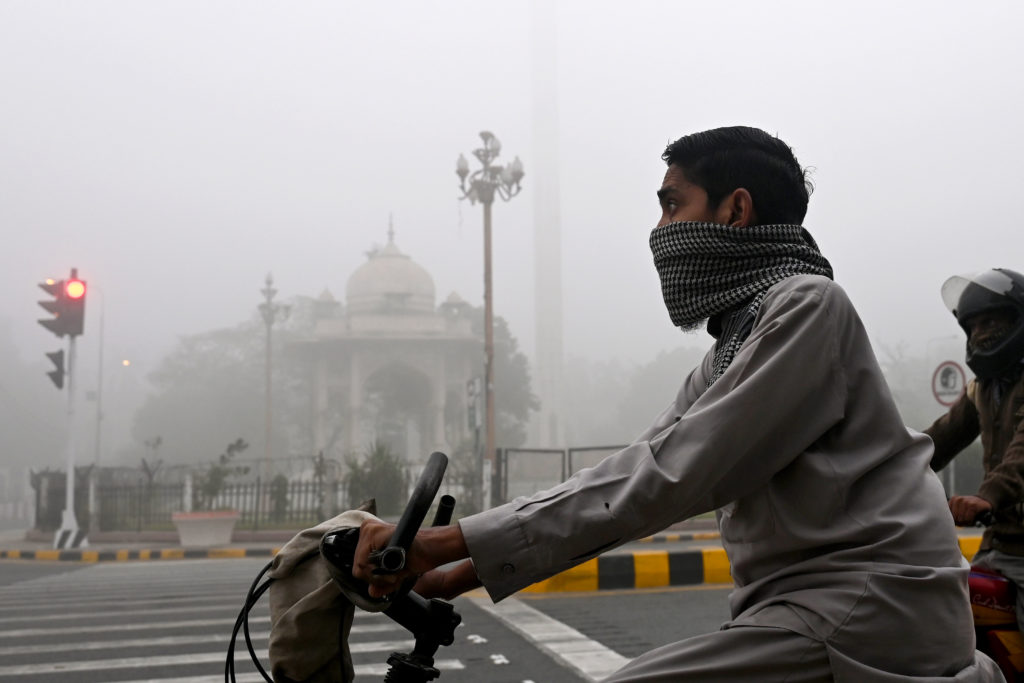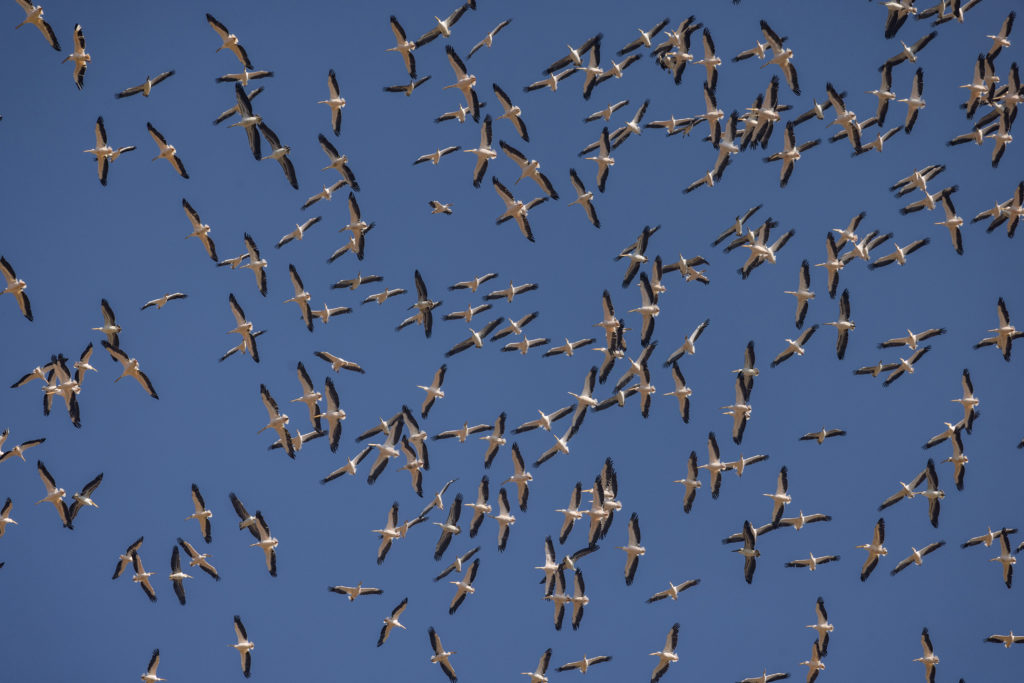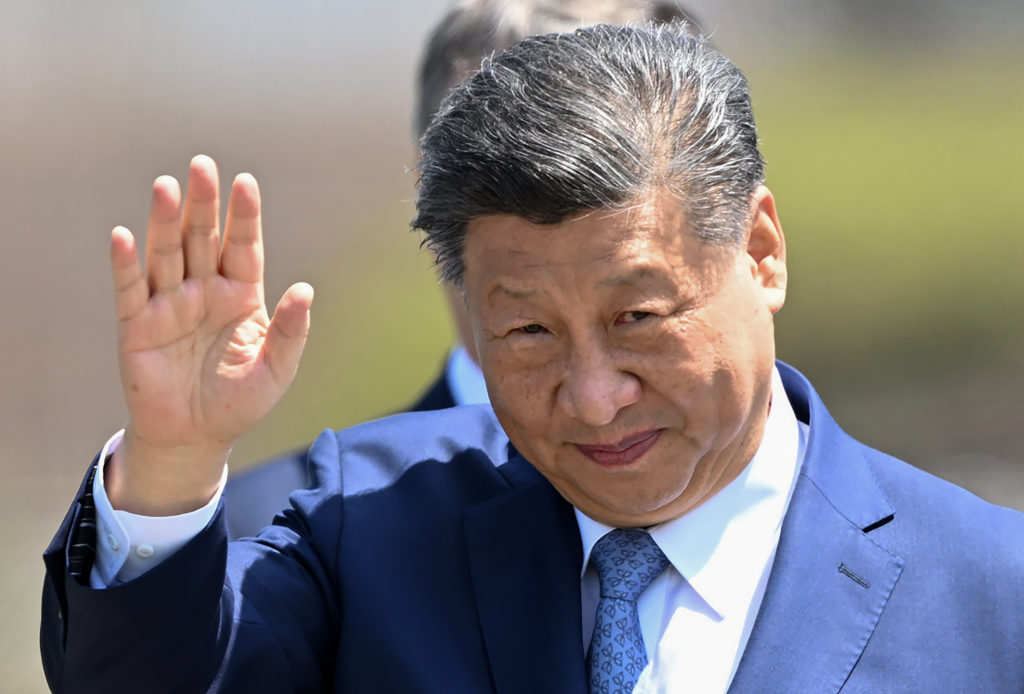Peru's former president Pedro Castillo was ousted by lawmakers after he tried to dissolve congress and rule by decree
Former Peruvian president Pedro Castillo, who was removed from office and arrested last week on charges of rebellion and conspiracy, insisted Tuesday he would “never give up” his cause.
Castillo also called on police and the military to “stop killing” protesters who continue to demand his release and reinstatement, after violent clashes between security forces and demonstrators left seven people dead in recent days.
Castillo was arrested last Wednesday after he attempted to dissolve congress and rule by decree just hours before the legislature was due to hold a third impeachment vote against him. Castillo and his family were being investigated for alleged corruption.
Congress went ahead with its vote and overwhelmingly decided to impeach him for “moral incapacity.”
He was provisionally detained for seven days as prosecutors accused him of rebellion and conspiracy.
Within a matter of hours his vice-president Dina Boluarte, a former prosecutor, was sworn in as Castillo’s successor.
“I will never give up and abandon this popular cause that brought me here,” the leftist Castillo said during a court hearing that began soon after 9:00 am (1400 GMT).
“From here I would like to urge the armed forces and national police to lay down their arms and stop killing these people thirsty for justice.
He said his arrest was unjust and arbitrary.
“I am not a thief, a rapist, corrupt or a thug,” he added during the virtual hearing into his appeal against provisional detention.
He was interrupted by the judge who asked him to keep to legal arguments.
The judge then suspended the hearing and is due to make a ruling at 3:30 pm.
– Seven dead –
Castillo’s supporters began protesting almost immediately after his arrest, with matters escalating on Sunday when two people were killed in clashes between demonstrators and the security forces.
Another five people died on Monday in more violent clashes.
His supporters are demanding that Castillo be freed, that Boluarte resign and parliament be dissolved.
Six of the seven dead have been in Apurimac region, where Boluarte was born.
The other death happened in Peru’s second largest city Arequipa as police cleared hundreds of protesters from the runway at the city’s airport where they had set up barricades of burning tires, logs and rocks.
Boluarte tried to calm tensions on Sunday by vowing to bring forward elections from 2026 to 2024 and declaring a state of emergency in flashpoint areas.
On Monday, the government fired the 26 regional prefects who had been appointed by Castillo, accusing them of “inciting protests.”
The country’s right-leaning Congress convened an emergency session on Sunday afternoon to discuss the crisis, but it had to be suspended after fighting broke out.
Mexico’s leftist President Andres Manuel Lopez Obrador gave Castillo his backing on Tuesday, insisting his country still recognizes him as president.
A day earlier, the leftist governments of Mexico, Argentina, Colombia and Bolivia released a joint statement saying Castillo had been “the victim of antidemocratic harassment” since his election.
– Machu Picchu train suspended –
Protests continued on Tuesday with roadblocks in 13 of the country’s 24 regions, according to police.
The worst hit areas are in the north and the south, including the region of Cusco, a hotspot for tourism in the country as it is home to the Machu Picchu Inca citadel, and Arequipa.
Indigenous and agrarian organizations have also called an indefinite strike to begin on Tuesday.
That forced the train service between the city of Cusco and Machu Picchu to be suspended, the rail operator said.
Cusco airport was also shut overnight due to attempts by protesters to get inside.
The situation in Lima was calm on Tuesday morning following clashes on Monday night in which police used tear gas to disperse hundreds of protesters trying to reach the congress building.
With his background as a rural teacher and union leader, and with little contact with the nation’s elites, Castillo has always drawn his strongest support from Andean regions, while struggling to find backing in coastal Lima.
Peru is now on its sixth president since 2016.
Castillo’s 17-month rule was overshadowed by six investigations against him and his family, mass protests demanding his removal, and a power struggle with the opposition-backed Congress.

